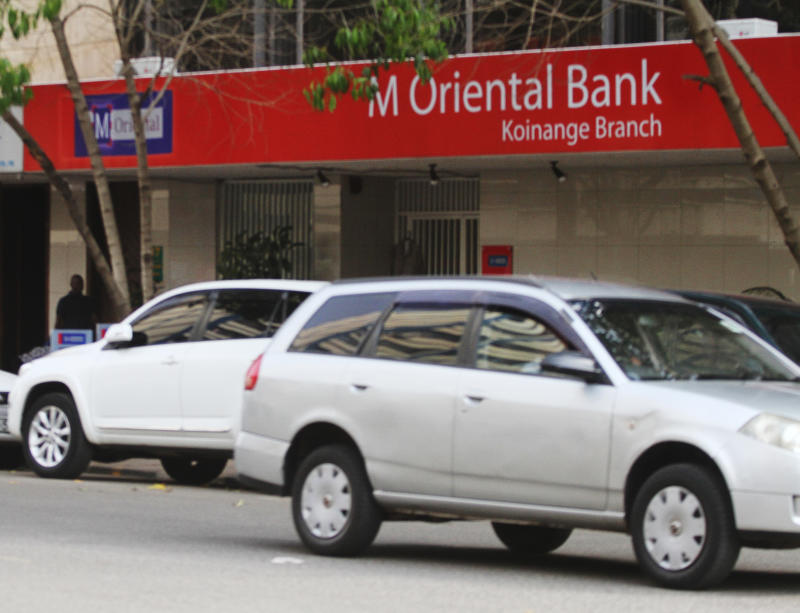×
The Standard e-Paper
Stay Informed, Even Offline

The East Africa Community has rarely seen Tanzanians take up the bold step into the Kenyan market. And if anything, it has been characterised by the biggest country by land mass finding ways of keeping Kenyans out.
But that seemed to change in 2016 when Tanzanian businessmen walked across the border laden with Sh2.5 billion to buy into one of Kenya’s struggling banks.